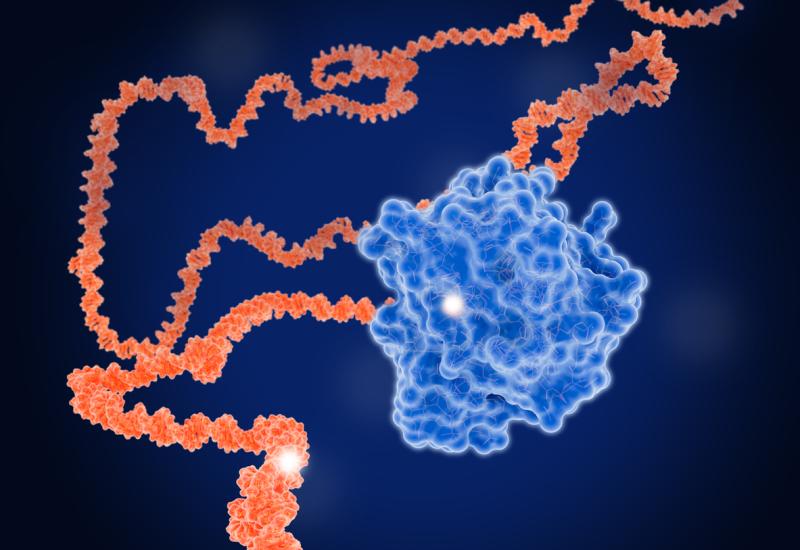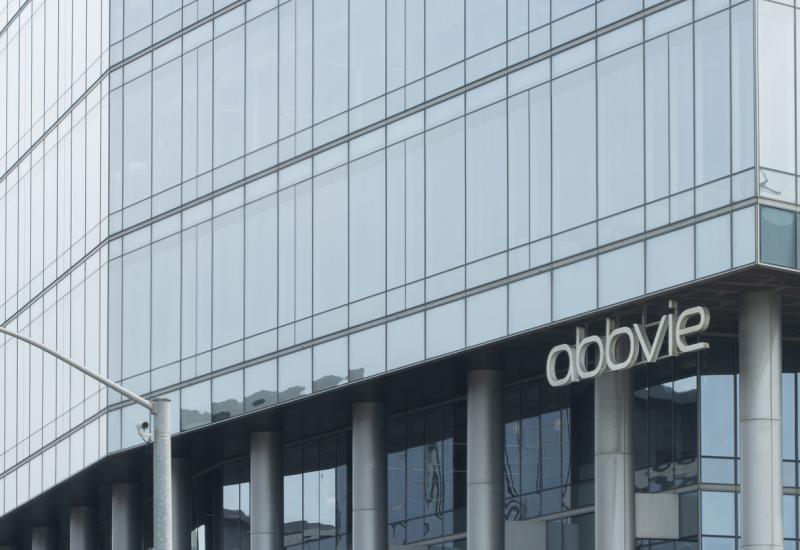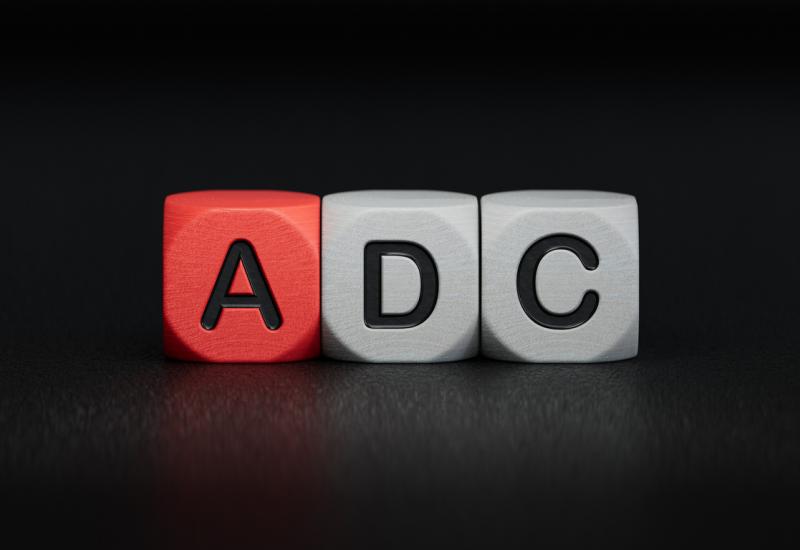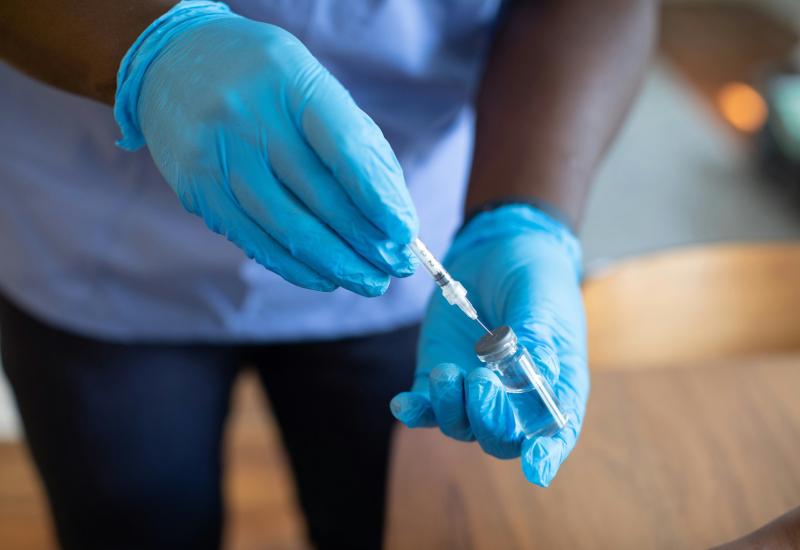
TuHura makes its bid for Merkel accelerated approval
The company reckons its immunotherapy could improve on Keytruda.
The company reckons its immunotherapy could improve on Keytruda.

Priming a patient’s immune system to recognise cancer hasn’t always worked well in the past, but one company still pinning its hopes on this approach is the micro-cap TuHura Biosciences. The group has begun a phase 2/3 trial of its so-called “innate immune agonist”, IFx-2.0, that it hopes will lead to US accelerated approval in the rare skin cancer Merkel cell carcinoma.
While the evidence is scant for TuHura’s approach, at least the pivotal study will be adequately controlled, with IFx-2.0 plus Keytruda going up against Keytruda alone in first-line disease. Here, Keytruda monotherapy has accelerated US apprpoval based on a 56% ORR in the Keynote-017 trial, providing a benchmark for the combination to hit.
The 118-patient study was previously on a “manufacturing-related” partial clinical hold, but began this week. It will primarily test ORR, which TuHura believes will be enough to file for accelerated approval. Data are due in the second half of 2026.
Progression-free survival is a secondary endpoint, and the company plans to use this to convert any accelerated nod into a full approval.
However, TuHura isn’t exactly flush with cash. It had just $6m in the bank at the end of March, and recently raised up to $15.5m in a private placement of new equity and warrants. The group, which is also pursuing the anti-VISTA MAb KVA12123 via a merger with Kineta, will have to hope that this is enough.
Bacterium
While many so-called cancer vaccine candidates use neoantigens, TuHura is taking a different approach. IFx-2.0 is designed to make a tumour “look like a bacterium”, thereby spurring an immune response and overcoming resistance to PD-(L)1 inhibitors.
IFx-2.0 contains plasmid DNA that encodes for an immunogenic bacterial protein. This is injected into, and then expressed by, a patient’s tumour. If all goes to plan, the next step is recognition by antigen-presenting cells, which are said to ingest the tumour cell and present tumour neoantigens to a patient’s B and T cells, activating these to kill the tumour.
TuHura is advancing on the strength of a phase 1 trial that found 71% ORR among seven Merkel cell patients who’d received IFx-2.0 and checkpoint inhibitor rechallenge, following progression on one or more PD-(L)1 blockers.
TuHura was previously known as Morphogenesis, but changed its name in December 2023; the company then gained its Nasdaq listing via a reverse merger into Kintara. The company once hoped to begin its pivotal trial of IFx-2.0 in 2024.
TuHura’s accelerated approval shot
| Trial | Setting | Regimen | Key endpoints | Timing |
|---|---|---|---|---|
| Ph2/3 MCC 2021-01 | 1st-line checkpoint inhibitor-naive Merkel cell carcinoma | IFx-2.0-2.0 weekly x 3 + Keytruda, vs Keytruda | ORR (for AA); PFS (for full approval) | Topline data due H2 2026 |
Note: AA=accelerated approval. Source: OncologyPipeline & clinicaltrials.gov.
861













